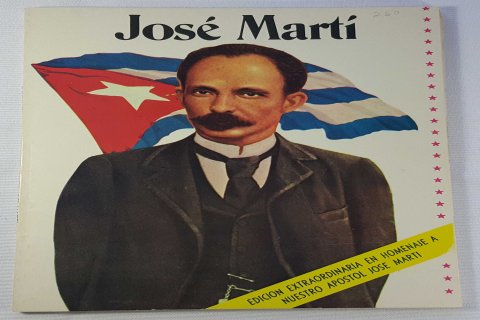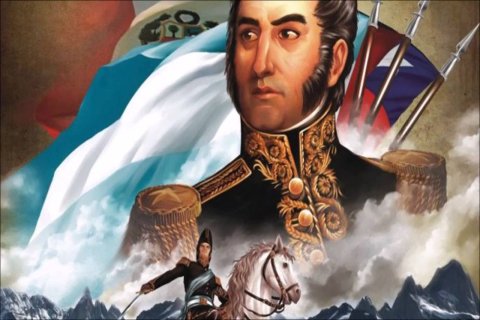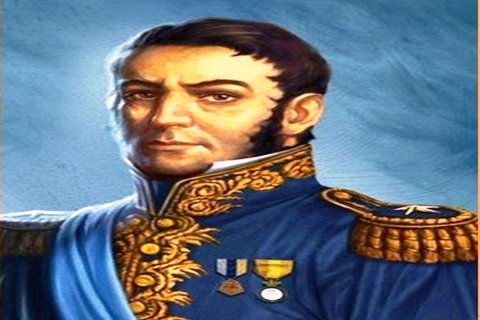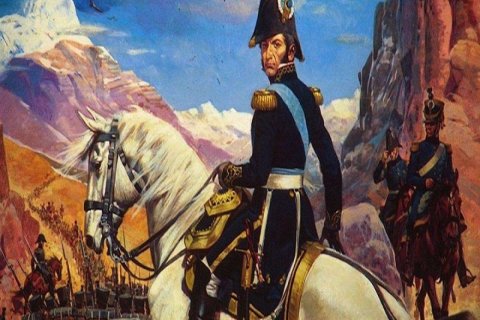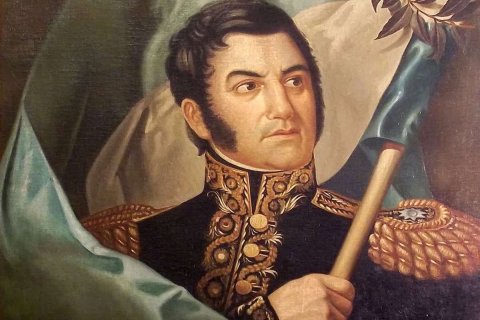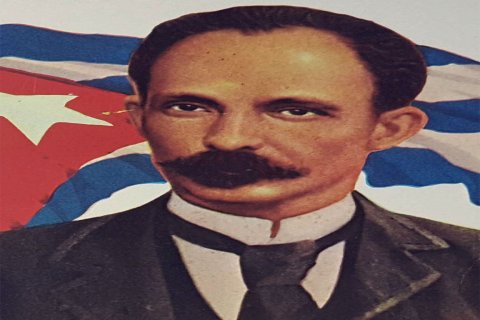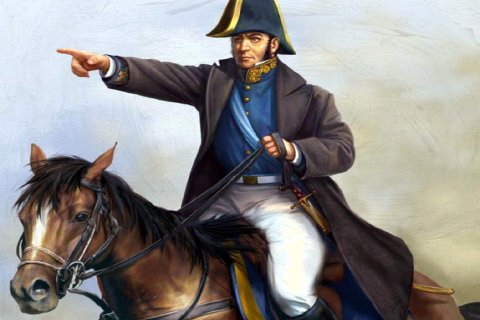José Martí

José Martí
José Julián Martí Pérez (January 28, 1853 – May 19, 1895) was a Cuban poet, essayist, journalist, revolutionary, and national hero of Cuba. He is considered a key figure in the history of Latin American literature and thought.
Martí was born in Havana, Cuba, to Spanish parents. He began writing poetry and essays at an early age, and he became involved in political activism while still a teenager. In 1871, he was arrested and sentenced to six years in prison for his involvement in a plot to overthrow the Spanish colonial government. He was released in 1878 and went into exile in Mexico, where he continued to write and to work for the independence of Cuba.
In 1892, Martí founded the Cuban Revolutionary Party in New York City. He returned to Cuba in 1895 to lead the Cuban War of Independence against Spain. He was killed in battle on May 19, 1895, at the Battle of Dos Ríos.
Martí's writings are characterized by their passionate defense of freedom and independence, their love of his homeland, and their commitment to social justice. His works have been translated into more than 20 languages and are widely read and studied throughout the world.
Martí is considered a national hero in Cuba, and his birthday is a national holiday. He is also revered in other Latin American countries, where he is seen as a symbol of resistance to oppression and a champion of democracy.
Here are some of Martí's most famous quotes:
- "I have lived in the monster and I know its entrails."
- "To be free is to be cultured."
- "Every man carries within him a universe."
- "A people who do not respect themselves cannot be respected by others."
- "The best way to predict the future is to create it."
Martí's legacy continues to inspire people around the world who are fighting for freedom, justice, and peace.

